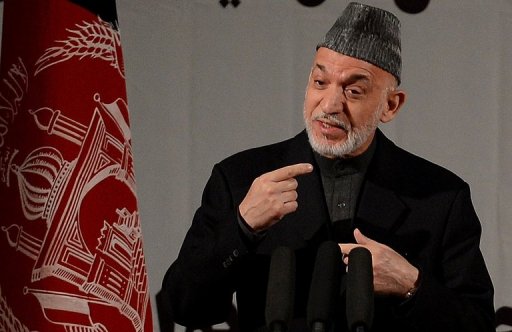Despite numerous obstacles and no guarantees of success, thousands of Honduran men and women escaping grinding poverty and violence at home have set off on foot for the US in search of a better life.On Thursday afternoon, the situation was a little more relaxed at the Casa del Migrante, a hostel for migrants on the outskirts of Guatemala City's historic center. Helpers were sorting clothes and food in the three-storey building, and some tired people were resting on improvised beds in the facility's gymnasium. After all, the caravan had long since moved on. The evening before, several thousand people had sought shelter in the migrant hostel, which is actually equipped for only 70 people. It was possible to offer everyone safe accommodation for the night with the help of a nearby Catholic school that opened its doors. But by the early morning Thursday, the caravan was in motion again. The next destination: Mexico.
Mario is one of the few who stayed at the Casa del Migrante. He hadn't reached the hostel until dawn, and now he's waiting here for his sister, who is also making her way to the US.
"I wanted to try before, but there was never enough money," says Mario. "Now it's much easier to travel together with so many other people." He's walked more than 300 kilometers (186 miles) in the past few days. "We don't want to go back," says Mario. "At home we either die of poverty or are murdered by youth gangs."
Read more: Bound for US, migrants gamble with their lives on 'death train'
The 41-year-old has left his wife and three children behind. "It is very hard, but there is no other option for me than to leave Honduras." He was earning 3000 Lempiras (about €100, $115) a month as a plumber, which was not enough to support his family, even in Honduras. In addition, there was a constant fear of the "Pandillas," youth gangs that terrorize whole city districts.
"The gangs want girls who are ten or eleven years old to already belong to the Pandillas," says Mario. "Anyone who doesn't go along with this is murdered." He has already lost a son like this. "That's the fear I always carry around with me," he says. "And that's why I want to get my family out of there, so they can finally be safe."
Read more: Hondurans in US to lose protected status
Freedom of movement and Donald Trump's threats
He waited ten hours on the border between his homeland and Guatemala before the Guatemalan authorities finally let people in. Now he hopes that Mexico will also open its borders to the caravan of people. Migrants have experienced a great deal of solidarity along the way. "People have given us food and drink, some of us were even driven in buses," says Mario.
The migrant hostel's director in Guatemala City has also praised the Guatemalan people's helpfulness. "They know difficult times from the civil war and are used to showing solidarity," says Mauro Verzeletti. He welcomed the Guatemalan government's decision not to hold the migrants back. "It is an important step not to criminalize them." Since 2006, Honduras, El Salvador, Guatemala and Nicaragua have had a mutual agreement granting freedom of movement to people in the region.
But great difficulties lie ahead for Mario and the other Hondurans who have joined the march. US President Donald Trump has already announced that, if necessary, he will send in the military to prevent migrants from entering the US.
"Donald Trump should remember that he too is a human being," says Mario. "He, who already has everything, should also give other people a chance to live in humane conditions."



